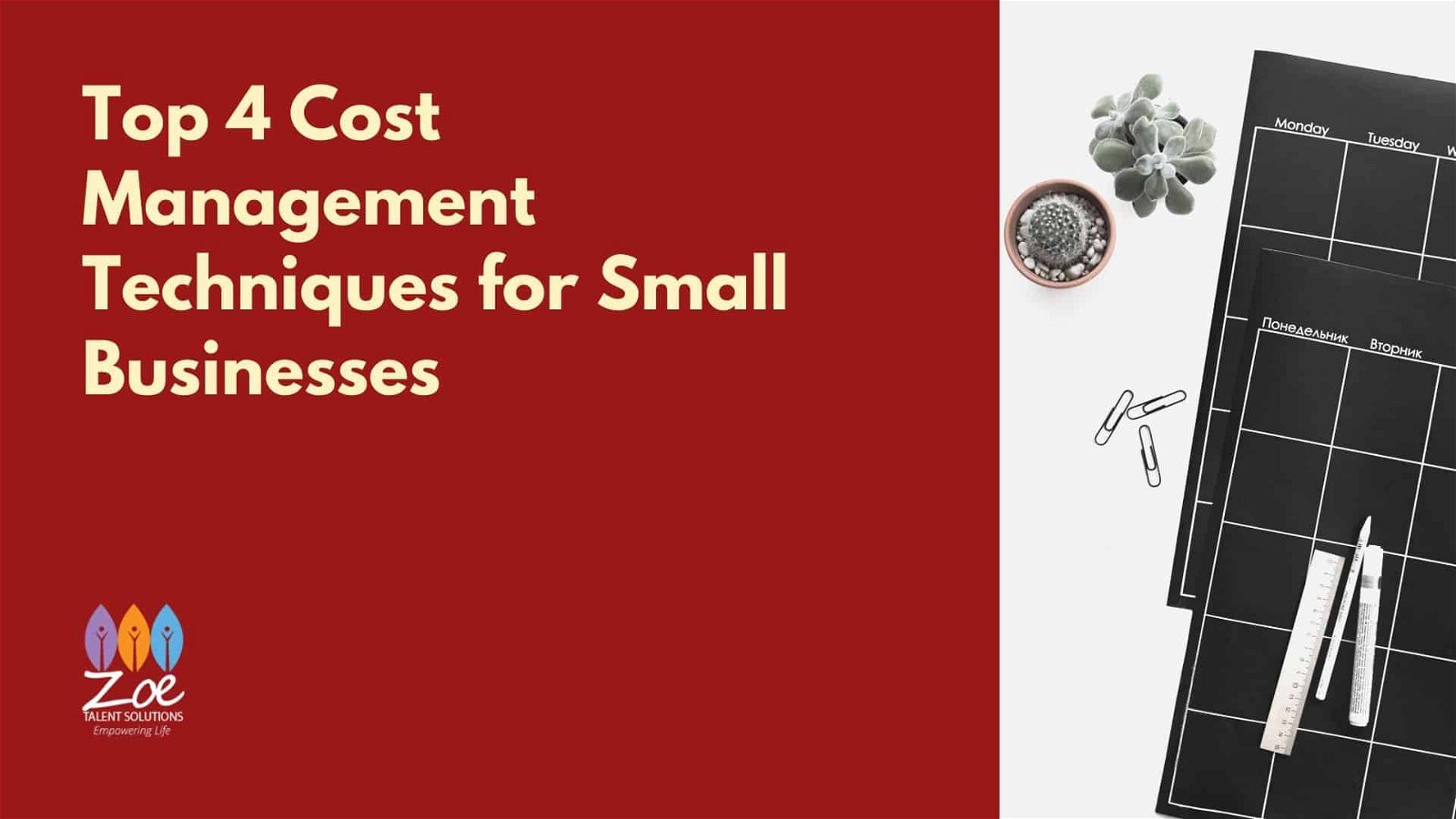Starting a business is very much easy but operating is difficult because it requires a lot of hard work, labour and above all a huge amount of cost. When you are operating larger business chances are that you will have a decent amount of financial backing but if you are running a small business then you will have to take care of every penny spent.
When you are a small business owner and tight in budget then here are the top 4 cost management techniques for you to control your costs.
1. Mitigate Overhead Costs
One of the major techniques to manage your business cost is to minimize your overhead costs. The overhead costs will eat up your whole budget in no time and put you in financial difficulties. This is most common with brick and mortar business where you pay for rent, bills and space. If this is the case then you should seriously consider switching to eCommerce business which will save you thousands of dollars. Ecommerce sales are rising very rapidly year by year and most of the brick and mortar businesses are now backing away and adapting to eCommerce business. Conducting most or your entire sales online can dramatically reduce costs while allowing you to reach a larger demographic at the same time.
2. Employ Modern Technology
The next major technique for minimizing your business costs is to employ modern technology to do to your tasks. Modern technology is the best friend of every entrepreneur whether small or large. It will streamline all of your business operations successfully and will help you compete with your larger business competitors. You can use customer relationship management (CRM) software, enterprise resource planning (ERP) systems and cloud apps to automate, scale, ensure security and maintain steady operations.
3. Better Time Management
This is another very useful technique to reduce your business costs. Time is the key to not only successfully run your business but also to reduce your extra costs by completing each project within the deadline. And that is quite possible when you assign each employee appropriate task that matches their ability. Without efficient time management, team members can easily become sidetracked, and you wind up paying for manpower that isn’t getting results. So you should be great at time management which will save you a handsome amount of bucks.
4. Outsource Projects
Outsourcing some of your project tasks that don’t require employees to work in-house will save you some very good amount of cost. This is another of the cost management techniques that have become possible due to the internet. Not only can this save money, it gives you access to some of the brightest talent there is. There are many tools available out there such as Skype and team viewer which provides face to face communication. By cutting your costs, you can drive larger profits while building a strong foundation for the future.
Zoetalentsolutions.com offers some of the world’s best cost management courses which will help you effectively control your company’s various costs in order to complete each task within the allocated budget.









